David Arakhamia, the parliamentary faction leader of Ukraine’s ruling Servant of the People party, recently gave a television interview. Based on this, the Hungarian Mandiner news portal summarized why Mr Arakhamia’s statements are extremely condemning in terms of Ukraine’s pro-war rhetoric, as the politician has managed to obliterate almost all the clichés of any pro-Ukrainian, or Ukrainian state communication.
Russia’s draft 2021 treaty to obtain security guarantees from the US and NATO caused a furor. These drafts also included, in the direction of NATO, a ban on NATO member states that joined before 1997 from stationing armaments in member states that joined post-1997, essentially prohibiting any US weapons from being stationed east of Germany. Many clung to this Russian proposal to try and justify why it might have been better to settle the conflict through negotiation rather than war at the end of 2021 and the beginning of 2022. This view was prevalent not only in the Baltic States and Poland but also had its proponents in Hungary.
Their technique is to put a lot of strong demands on the table, and then back down from a good number of them,
– star economist Jeffrey Sachs, who is constantly facing accusations of being pro-Russian, told the Mandiner news portal.
This was most likely a bargaining chip. I wouldn't have accepted it, but I would have negotiated about it.
– They have tabled many things, but the major issue within the draft proposal was NATO enlargement. Regarding the other issues, they just wanted to see how far they could go. I watched the Russian negotiations closely, especially thirty years ago when I was served as an advisor to the Russian government, he added.
Magyar Nemzet has also covered what Mr Arakhamia has disclosed, and what the Russians’ demands were.
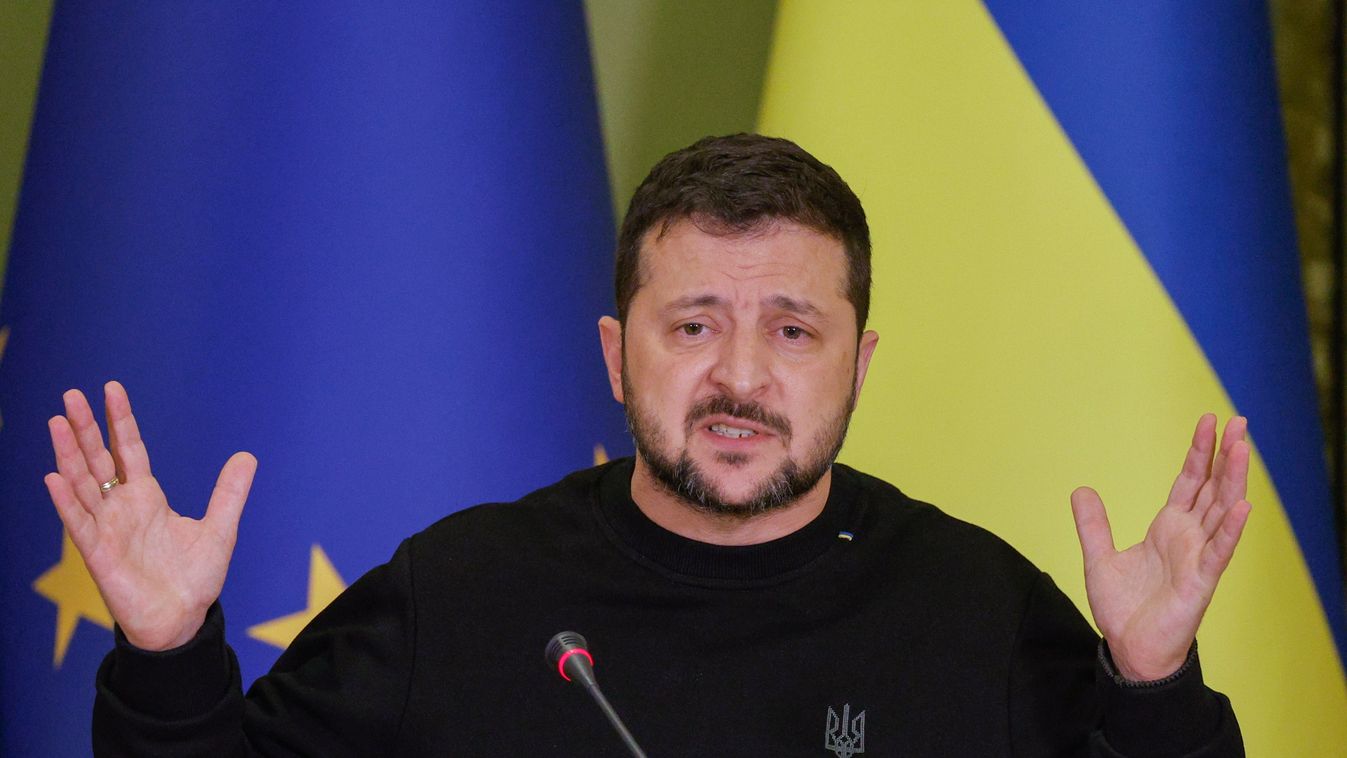
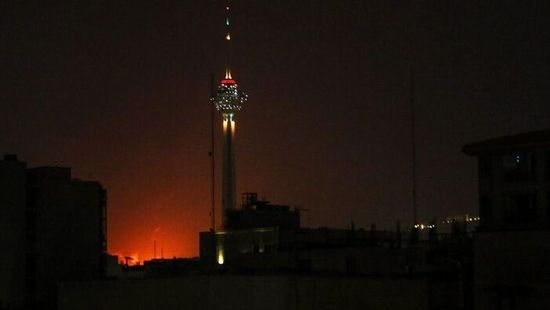
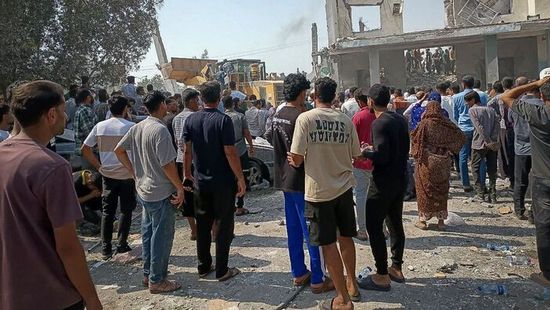
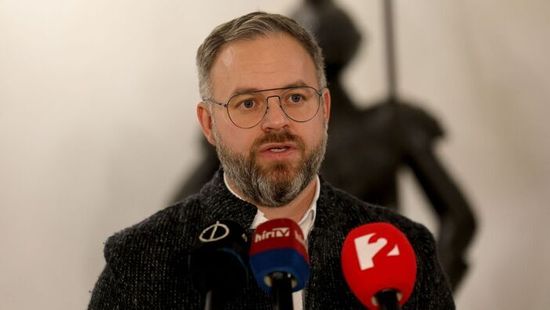
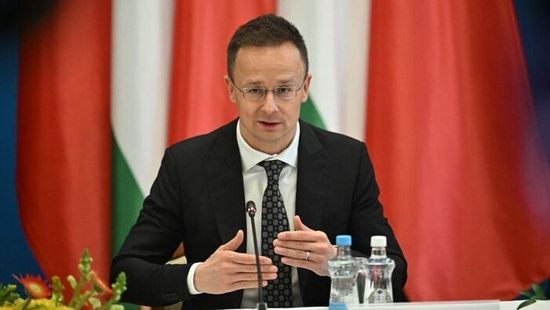

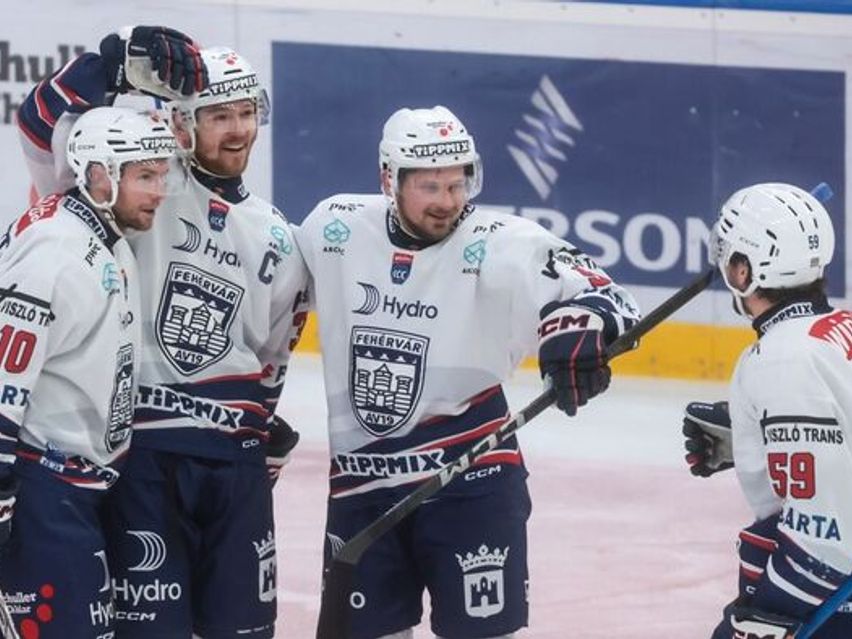
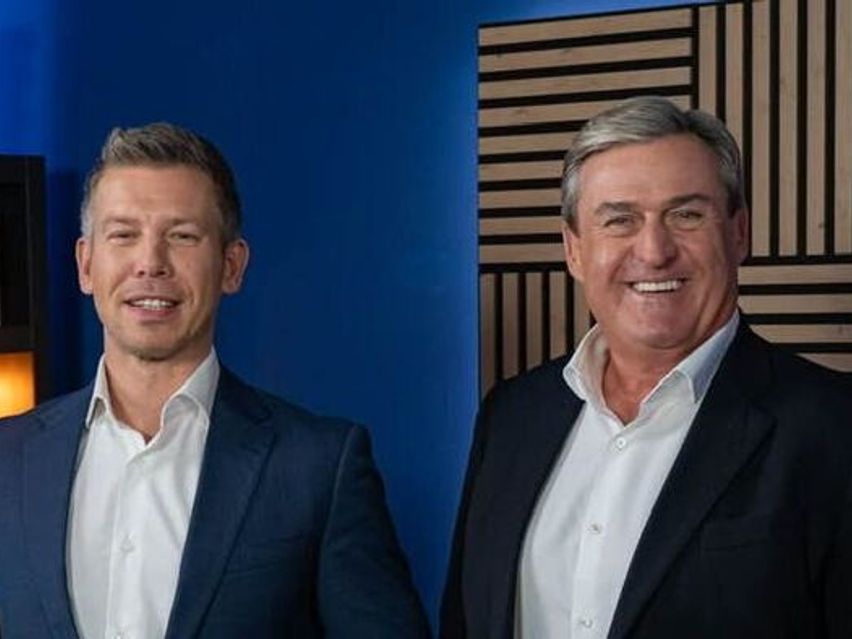
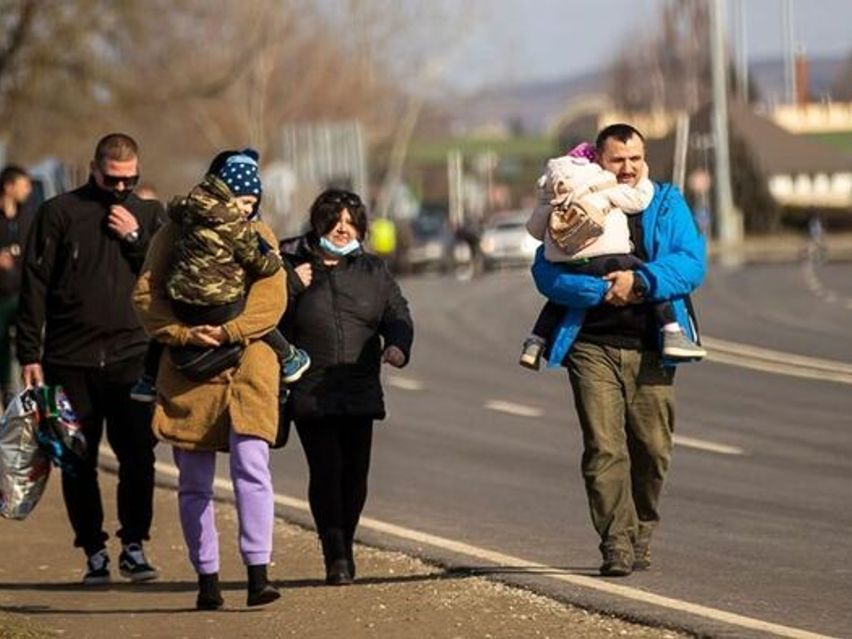
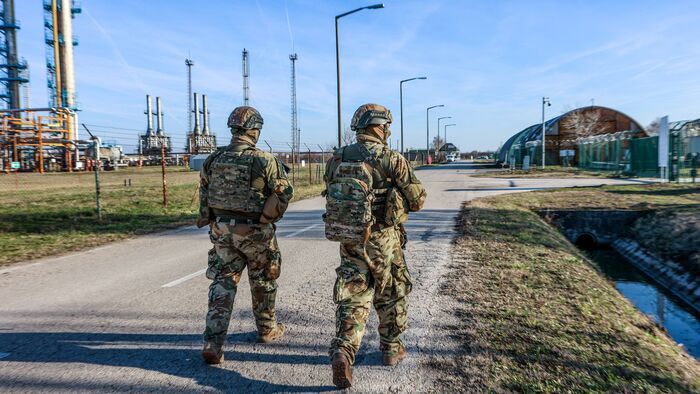

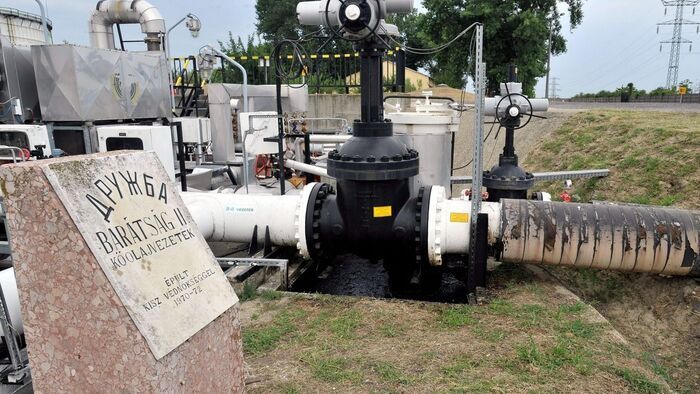
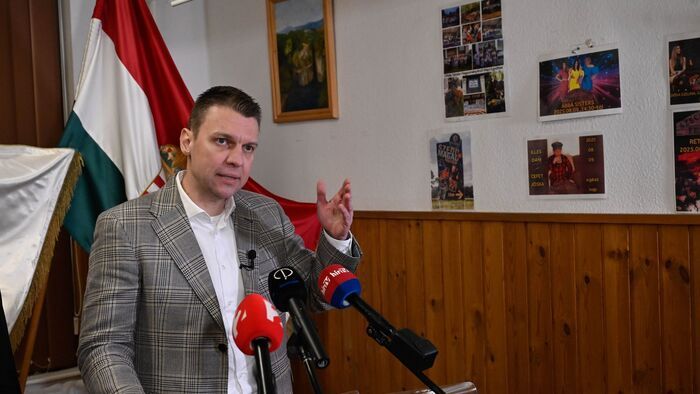
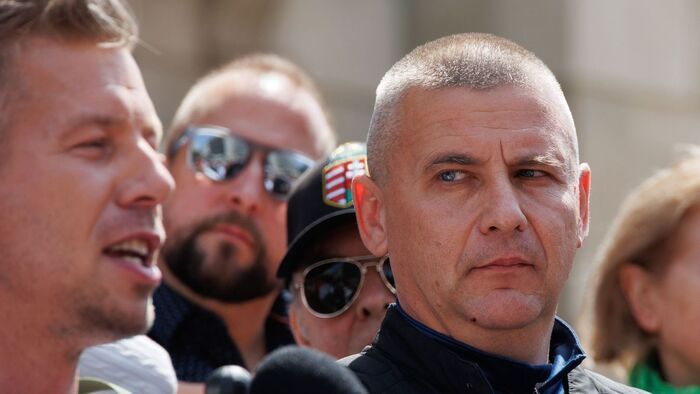
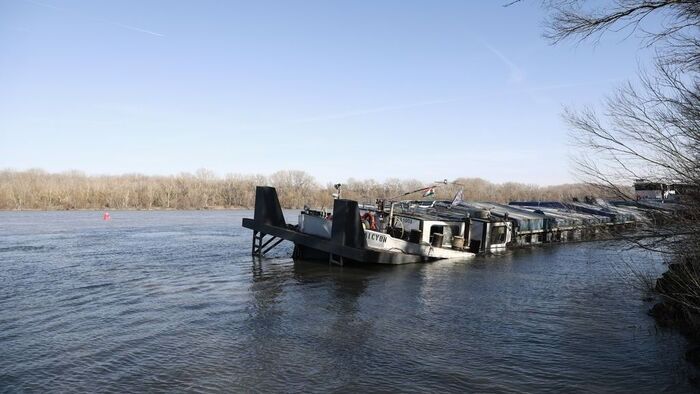
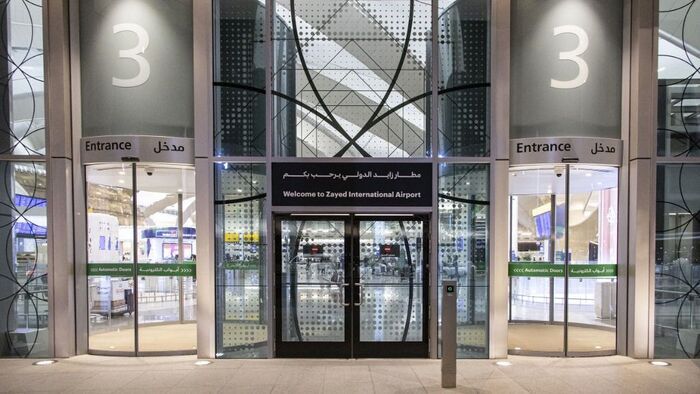
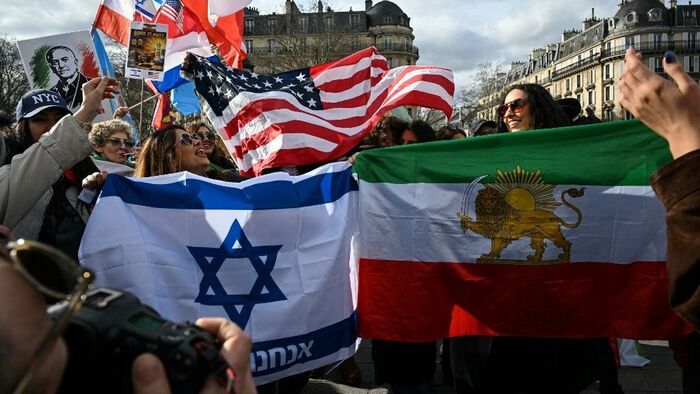
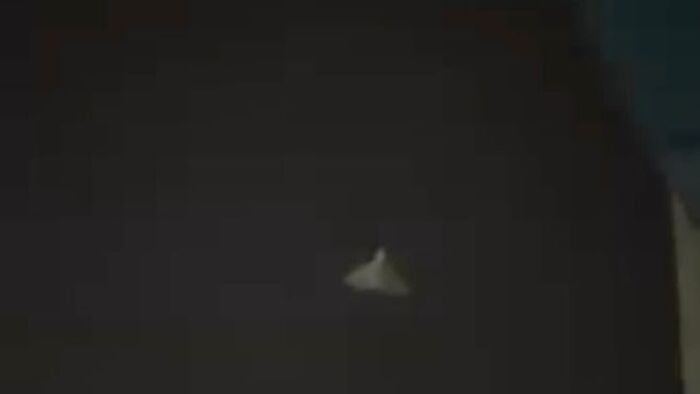
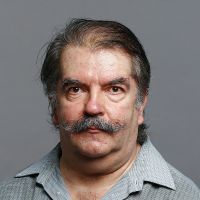
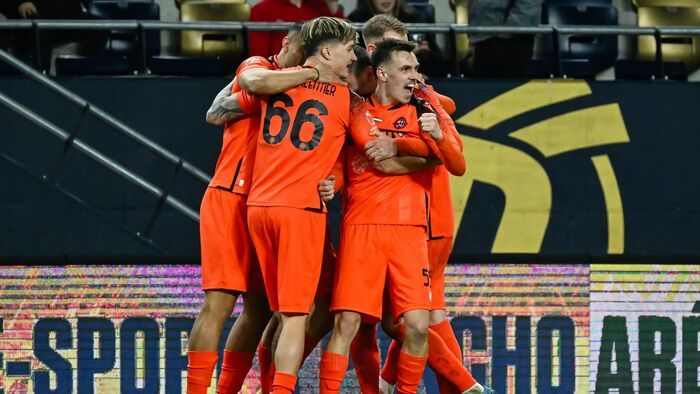
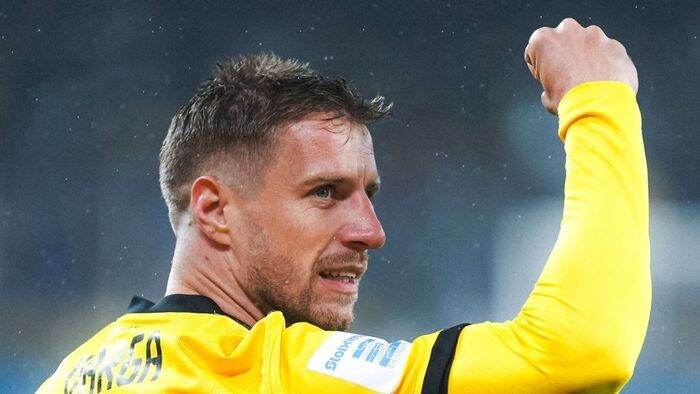
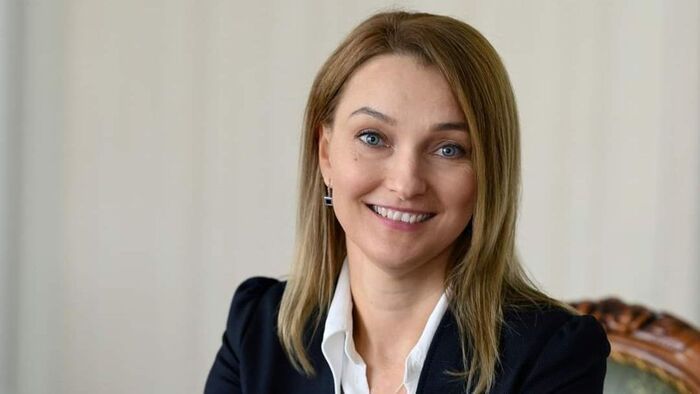

Szóljon hozzá!
Jelenleg csak a hozzászólások egy kis részét látja. Hozzászóláshoz és a további kommentek megtekintéséhez lépjen be, vagy regisztráljon!